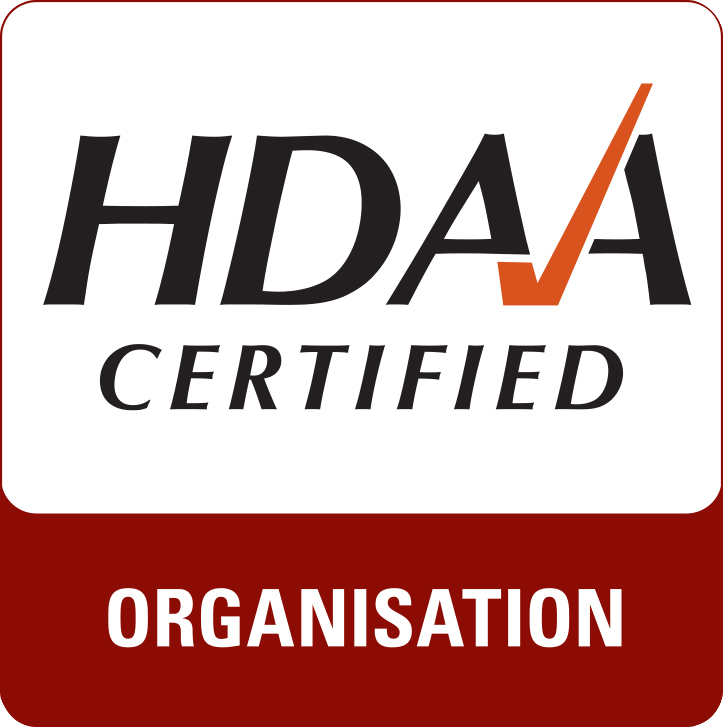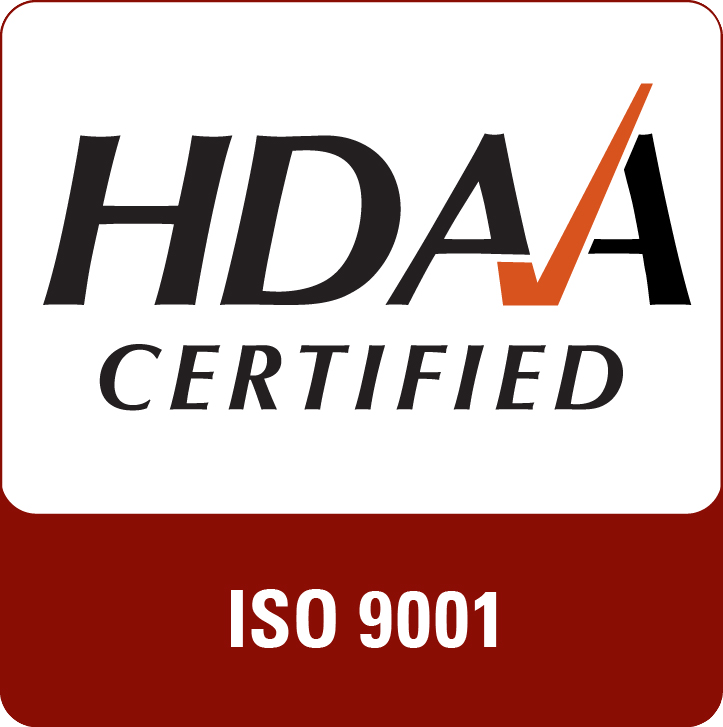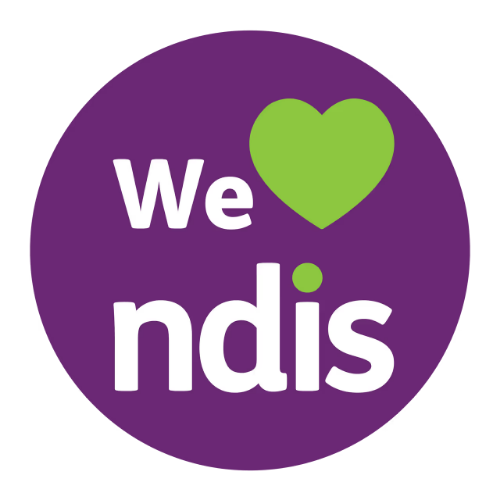Do you know that your NDIS plan will need to undergo a “plan reassessment” every now and then after it is approved?
You see, your situation could have changed during the year. Incidentally, this will change the disability support you require in that you may need more supports, less supports, or a totally different kind of support now.
Nevertheless, your NDIS plan needs to be updated to reflect those new/changed needs and the “plan reassessment” is meant to do just that – check if your current plan is still adequate in meeting all your needs, and if any changes is required to reflect all the updates in your circumstances.
Usually, the very first NDIS plan reassessment will fall 12 months after your plan has started.
What to Expect
About 3 months before your plan reassessment is due, your LAC (Local Area Coordinator) or NDIA (National Disability Insurance Agency) planner will contact you or your authorised representatives to book in a meeting time with you. This is usually referred to as a “check-in” call.
During the call, they will also ask if things are going well with your current NDIS plan and if there are any changes to your circumstances in the last year.
You should update them accordingly as this will help them better prepare for your plan reassessment meeting. Equipping them with the right information they need before the actual meeting takes place will ensure that your plan reassessment is personalised to your needs, and is carried out in the most efficient manner.
Do note that not every check-in will necessitate a full plan assessment. If no major changes are required, authorities may just vary your current plan instead of doing a whole revamp.
You can choose to meet face-to-face, over the phone or even via video call – whichever suits you best. Should you desire, you can have your family and friends or even your Support Coordinator to accompany you to your plan reassessment meeting.
How to Prepare for It?
In most circumstances, you will need to provide assessments or reports from your service providers for your plan reassessment meeting.
So, contact your current service provider and request for end-of-plan progress reports once you have a reassessment date set. Most service providers would know what to include in their reports – evidence that shows how your supports and services are helping you work towards your goals – but you should specifically ask for that to be included in the reports, just in case.
Your service provider may also make recommendations for supports and services that they think you might need in the future. For example, any assistive technology or home modifications that may be needed in your next plan – get the details and quotes if possible, and bring them along to your meeting.
In any case, your LAC or planner will discuss with you what are to be included when they check in on you, as well as what other information they require from you at the meeting. Just prepare them accordingly and have them readied ahead.
Your plan reassessment meeting is also a good time for you to ask questions about your plan. We suggest writing down all the queries you may have, and think along these lines when doing so:
- What worked well in your plan?
- Have you made progress towards your goals?
- What goals have you achieved?
- What didn’t? What is the reason for their failure?
- Do you have any new goals?
- Have there been any changes to your situation? Do you expect any in the near future?
- Would you like to change how all or some of your plan funding is managed?
It’s ok if you don’t have any new goals (you don’t always need to set new ones at each plan reassessment) – what’s more important is that the supports and services you are getting are helping you reach your goals. Asking yourself the questions above will give clarity on this, as well as set you in the right direction to getting the most out of your plan reassessment meeting.
Asking for A Plan Reassessment
Remember what we said above about how your LAC/NDIA planner will initiate a plan reassessment meeting?
Well, you don’t have to always wait for them to call. Instead, you can always ask for a reassessment of your plan especially if it is urgent or if there are any significant changes in your life.
In the case of the latter, you’ll be given reasons for the rejection. However, you can always request to have it reviewed should you feel unhappy or dissatisfied with the decision given. Likewise for your varied or new plan – if you are not happy with the outcome, you have the right to appeal the decision.
On the other hand, if you are happy with your current arrangements and are confident that your support needs are unlikely to change (i.e. your situation is stable), you may request for a longer plan duration. This will save you the need to go through frequent plan reassessment processes and the longest plan duration a participant is able to request now is up to three years.
Wrapping Up
Overall, plan reassessment is a good time to go through everything with your LAC or NDIA planner. You get to reflect on what worked for you and what doesn’t, incidentally, you know what needs to be changed, added or removed for you to achieve your goals.
With that said, it is important to remember that any changes will still need to meet the NDIS criteria. Nonetheless, you should make full use of your plan reassessment meetings to tailor your NDIS plan so that it fully reflects the path and direction you want to go.
Absolute Care & Health is a registered NDIS provider. We provide high-quality, reliable, and personalised NDIS supports for our clients. Feel free to contact us should you need any daily assistance.






